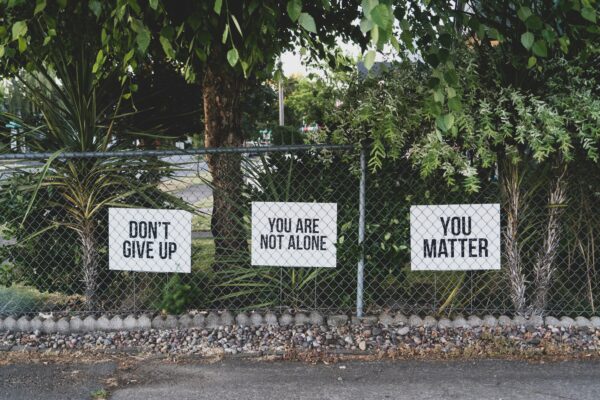The unconscious aspect of mind powerfully influences our emotions, behaviours, and patterns of relating. Expanding conscious access to the thoughts and feelings that affect us can modify symptoms of anxiety.
The Unconscious Mind: A Hidden Powerhouse
The unconscious mind, a concept popularized by Sigmund Freud, is a vast reservoir of thoughts, feelings, and memories that exist outside of our conscious awareness. It’s a powerful force that significantly influences our behaviors, emotions, and even our physical health.
How the Unconscious Contributes to Anxiety
Unexpressed or repressed emotions that may reside in the unconscious mind can contribute to anxiety. These unconscious feelings may stem from past experiences, such as childhood trauma and other significant life events. When these emotions are not processed, addressed, or integrated they can manifest as anxiety symptoms, such as:
- Excessive worry: Rumination about potential threats or negative outcomes.
- Physical symptoms: Rapid heart rate, sweating, trembling, or difficult, shallow breathing.
- Avoidance behaviours: Avoiding situations that trigger anxiety, such as social gatherings or specific places.
Therapy: Uncovering the Unconscious
Therapy provides a safe and supportive space to explore the depths of the unconscious mind. In therapeutic work, this is done with techniques such as:
- Free association: Speaking freely about thoughts and feelings, without judgment.
- Dream analysis: Interpreting and learning the meaning of dreams and what they are offering.
- Reflective work: Identifying patterns of thought and behaviour that keep you stuck. These are likely adaptations to past relationships and situations, but they no longer serve you well.
Therapists can help individuals uncover and process these hidden emotions, leading to a reduction in anxiety symptoms. By bringing these unconscious feelings into conscious awareness, individuals can gain a deeper understanding of themselves and develop different coping mechanisms and inner resources.
Remember: It’s important to be patient with the process of uncovering and processing unconscious material. Therapy is a journey, not a quick fix. With time and consistent effort, you can learn to manage anxiety and live a more fulfilling life.
Recent Posts

Anti-Racist, Anti-Oppressive, and Intersectional Psychotherapy: A Healing Approach
Anti-racist, anti-oppressive, and intersectional psychotherapy is a therapeutic approach that centers on the experiences of marginalized individuals and addresses the systemic inequalities that contribute to mental health disparities.
Read More
